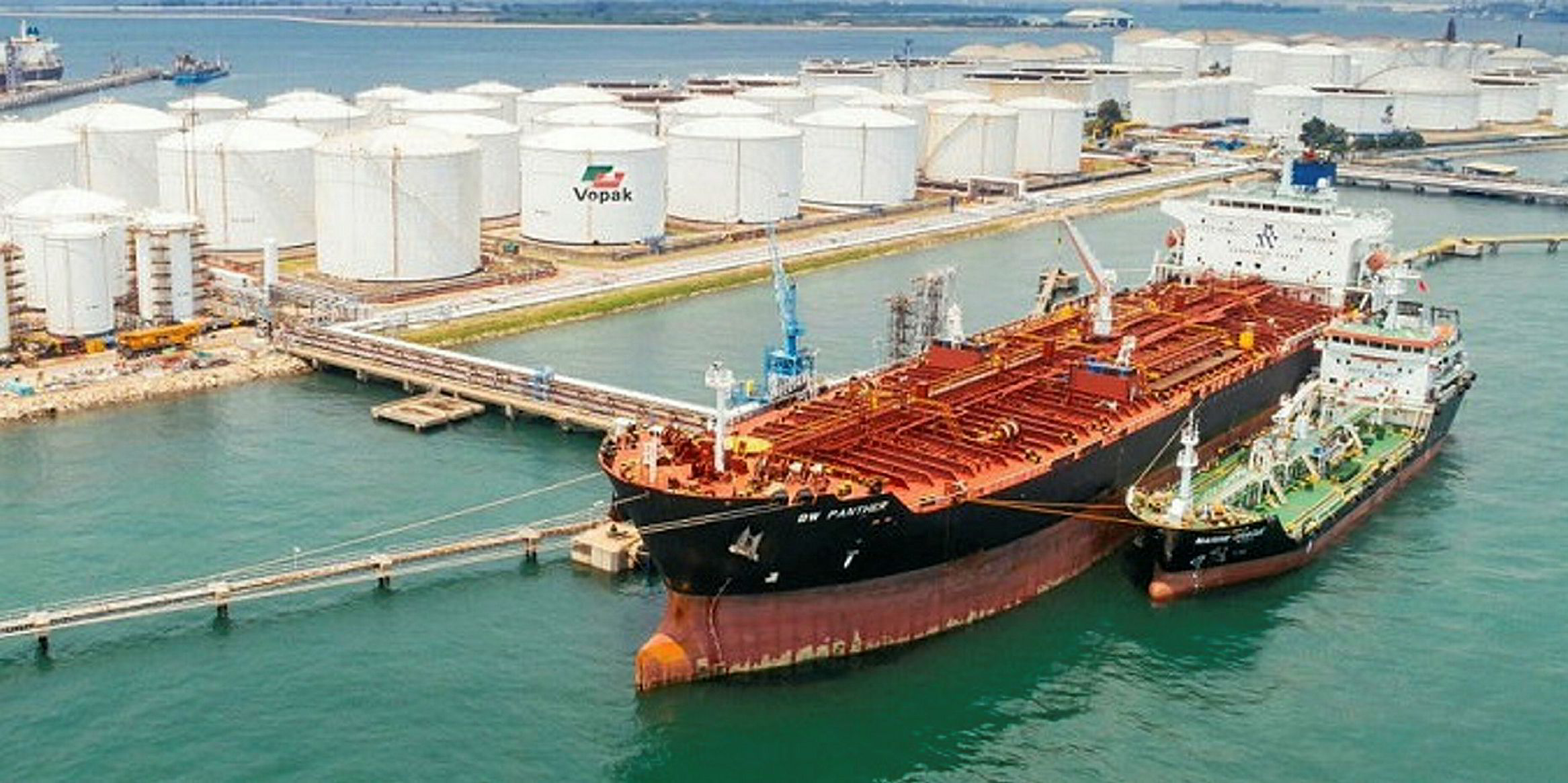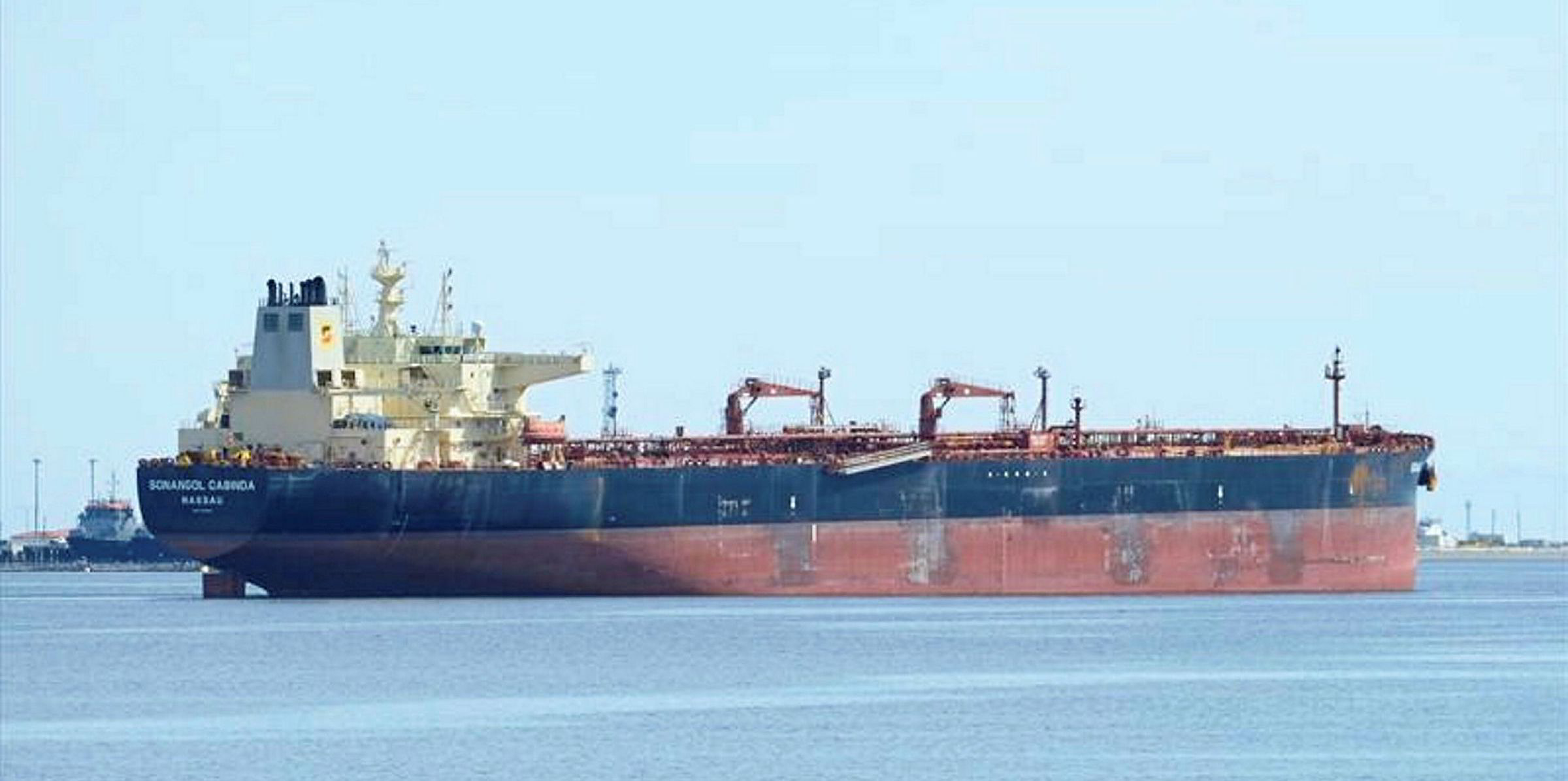More than 240 products tankers are being used as floating storage across the globe, according to Braemar ACM, which expects volumes of clean petroleum products (CPP) stored at sea to grow for another two months and the subsequent destocking to drag on for quarters.
Product tanker earnings scaled all-time records last week, with several players citing tight spot supply as the main driver, due to considerable tonnage removed from the market for floating storage.
Braemar data shows 22 LR2s, 36 LR1s and 186 MR tankers or handysize ships storing clean products as of Monday. Seventy of those vessels have been used as floating storage for 30 days or more.
In total, over 8% of the product tanker fleet is sitting laden as oil firms face brimming onshore tanks, according to Braemar.
“Products are going into storage relatively faster than crude is. Close to 10% of the average daily CPP liftings are now in floating storage versus 8% for crude,” Braemar said in a note.
Rising stocks
With the coronavirus pandemic rampaging major economies, oil analysts have forecast that global oil consumption in April and May will drop by more than 20m barrels per day, compared with the same period in 2019.
Refiners and oil importers are struggling to deal with full tanks, so floating storage has been observed in oil-consuming regions and refining hubs, according to Braemar.
The brokerage adds most of floating stock build is of gasoline up until now, loaded almost entirely in Europe — mainly on MRs and LR1s.
Looking forward, Braemar expects high gasoil stocks to drive floating storage demand, with another 15 to 20 LR2s or equivalent needed until the end of May and then a similar number in June.
“Onshore gasoil stocks are increasing because refiners have maximised diesel production at the expense of jet and gasoline, whose demand is the hardest hit,” Braemar said.
“The shortage of storage tanks is seen in the sharp drop in its spot price and a widening of its contango, both hitting at least their 15-year records.”
Soft recovery
Even when assuming that the global economy will begin to recover from July, Braemar expects the drawdowns of floating stocks to follow “a jagged line” with increases in refinery runs interspersed with stockdraws.
While some vessels on the charters fixed at the highest rates will likely re-enter trading in the third quarter, a second round of oversupply is to develop as refinery output rises and overshoots a weak demand recovery, the broker has predicted.
Braemar expects gasoil floating storage to be short lived as demand for the product is less affected by the coronavirus. But it suggests gasoline blending stocks — such as alkylates used in the summer grade — are likely to remain in floating storage until the first quarter of next year.







